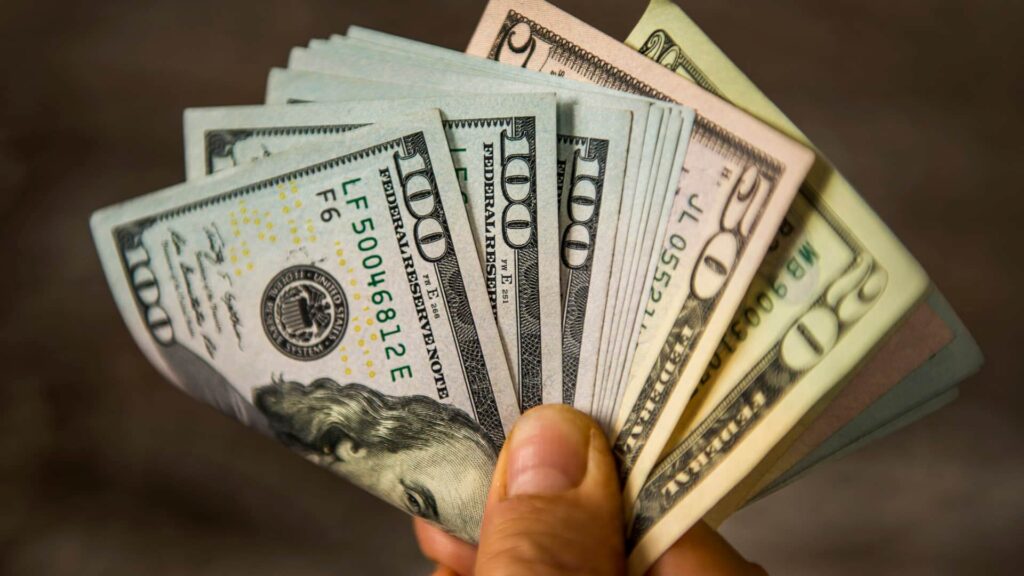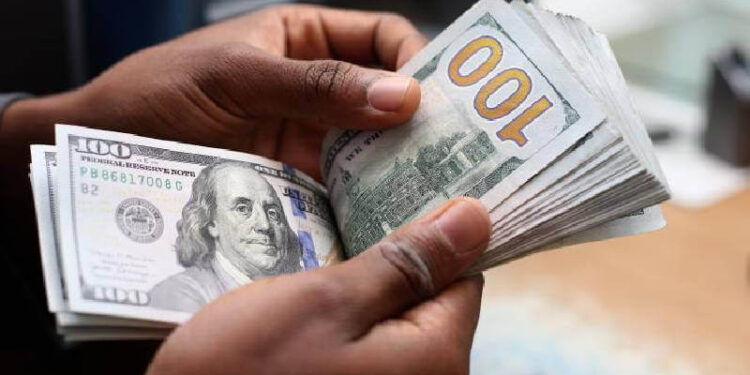The dollar slipped on Friday as risk sentiment improved after authorities and banks moved to ease stress on the financial system in major markets, taking heat off other major currencies that tumbled earlier in the week in the wake of bank turmoil.
Cautious calm spread across markets on Friday, giving room for rises in risk-sensitive currencies like the Australian and New Zealand dollars, which were among the largest gainers in Asia trade.
The $30 billion rescue package, put together by top power brokers from the U.S. Treasury, Federal Reserve and banks, followed Credit Suisse’s announcement earlier on Thursday that it would borrow up to $54 billion from the Swiss National Bank.
It had similarly become embroiled in widespread contagion following the implosion of U.S.-based Silicon Valley Bank.
But even as a 30% plunge in the embattled Swiss lender’s shares stoked fears about the health of Europe’s banks, the European Central Bank nonetheless went ahead with a hefty 50-basis-point rate hike at its policy meeting on Thursday.

ECB policymakers sought to reassure investors that euro zone banks were resilient and that if anything, the move to higher rates should bolster their margins.
The euro’sreaction to the decision was fairly muted, though it managed to eke out a 0.3% gain on Thursday. It was last 0.14% higher at $1.0625.
“The euro zone banking sector remains in reasonably solid shape,” said Wells Fargo international economist Nick Bennenbroek.
“Should market strains ease and volatility recede in the weeks and months ahead, persistent inflation should in our view be enough to elicit further (ECB) tightening.”
Elsewhere, sterling rose 0.15% to $1.2128, while the Swiss franc gained 0.1%. Earlier in the week, the Swissie had plunged the most against the dollar in a day since 2015.
The Japanese yen remained elevated, and was last roughly 0.3% higher at 133.30 per dollar.
Fragile market sentiment had traders flocking to the yen — typically considered a safer bet in times of turmoil — on mounting worries that the recent stress unfolding across banks in the U.S. and Europe could be just an early stage of a widespread systemic crisis.
“The market gyrations of the past week are not rooted in a banking crisis, in our view, but rather are evidence of financial cracks resulting from the fastest interest rate hike campaigns since the early 1980s,” said analysts at BlackRock Investment Institute.
“Markets have woken up to the damage caused by that approach — a recession foretold — and are starting to price it in.”
The Federal Reserve’s monetary policy meeting next week now moves to center stage. Some investors are hoping that the Fed could slow down on its aggressive rate-hike campaign in a bid to ease the stress on the financial sector.
“The turmoil in the banking sector is complicating the outlook for Fed policy, but the impact may be more nuanced than the Fed simply reversing course,” said Philip Marey, senior U.S. strategist at Rabobank.
The U.S. dollar index slipped 0.12% to 104.27.
Source: CNBC







